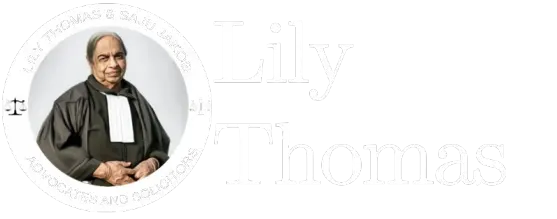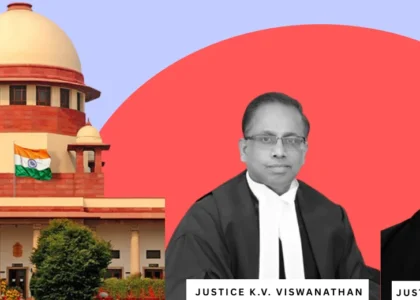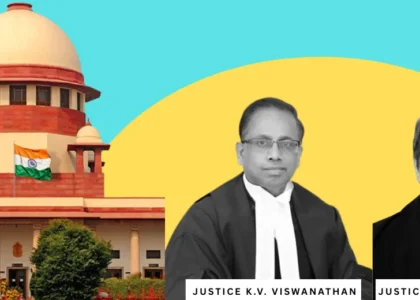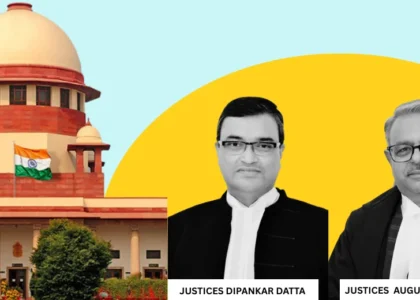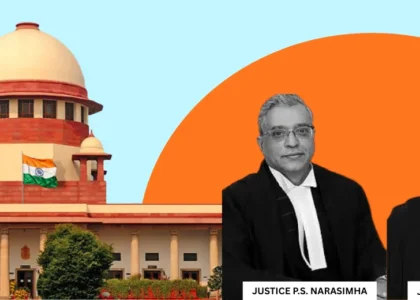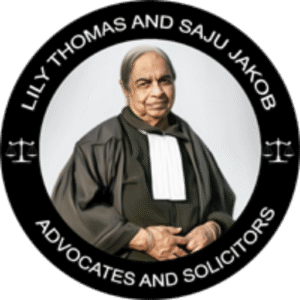Background-
- Employment and Resignation: On 27 April 2006, Gayatri Balasamy joined ISG Novasoft Technologies Ltd. as Vice President (M&A Integration Strategy). Within months, on 24 July 2006, she tendered her resignation, citing sexual harassment by the CEO, Krishna Srinivasan. The resignation was not accepted.
- Termination and Criminal Cases: Over the next year, three termination letters followed. Balasamy filed criminal complaints of sexual harassment, while ISG filed complaints of defamation and extortion.
- Arbitration: The dispute eventually reached the Supreme Court, which referred the matter to arbitration. The arbitral tribunal awarded her ₹2 crore as compensation.
Proceedings before the Madras High Court-
- Single Judge (2014): On 2 September 2014, the Court modified the arbitral award, granting an additional ₹1.6 crore beyond the arbitral tribunal’s award.
- Division Bench (2019): On 8 August 2019, the Division Bench reduced the additional compensation to ₹50,000, reasoning that the single judge’s enhancement lacked “arithmetic logic” and was excessive.
Aggrieved, Balasamy filed a Special Leave Petition before the Supreme Court.
Supreme Court Proceedings-
- Initial Hearing (2021–2024): The case was listed before multiple benches. On 20 February 2024, a Bench of Justices Dipankar Datta, K.V. Viswanathan, and Sandeep Mehta referred the matter to a larger bench, noting a conflict in prior case law on whether courts may “modify” arbitral awards.
- Conflicting Jurisprudence:
- Against modification: McDermott International Inc. v. Burn Standard Co. Ltd. (2006), Project Director, NHAI v. M. Hakeem (2021), MMTC Ltd. v. Sangyoung Construction Ltd. – courts held that powers under Sections 34/37 are limited to setting aside or remitting awards, not modifying them.
- Permitting modification: Vedanta Ltd. v. Shenzen Shandong (2018), Oriental Structural Engineers v. State of Kerala (2011), Tata Hydro-Electric Power Supply Co. v. Union of India (2003) – courts allowed limited modifications.
- Reference: Given these divergent lines, the Court held that a Constitution Bench must clarify the scope of judicial intervention under the Arbitration and Conciliation Act, 1996.
Constitution Bench Ruling (30 April 2025)
- Bench: Chief Justice Sanjiv Khanna; Justices B.R. Gavai, Surya Kant, A.S. Oka, and K.V. Viswanathan.
- Majority (4:1): CJI Khanna authored the majority opinion holding that courts have limited power to modify arbitral awards under Sections 34 and 37 in narrowly defined situations.
- Severability of invalid portions.
- Correction of clerical/computational errors.
- Adjustment of post-award interest rates.
- Rare exercise of Article 142 powers by the Supreme Court for complete justice.
- Dissent (Viswanathan, J.):
- The 1996 Act deliberately excluded modification powers present in the 1940 Act.
- Judicial modification undermines arbitral finality.
- “Set aside” cannot be equated with “modify.”
- Article 142 cannot be used to override statutory limits.
Significance-
- The ruling settles a long-standing conflict in arbitral jurisprudence.
- Courts may now make minor corrections or sever invalid portions, instead of forcing parties into fresh arbitration.
- Reinforces arbitration efficiency while guarding against judicial overreach.
- Provides clarity for future Section 34/37 challenges, balancing party autonomy with judicial supervision.

